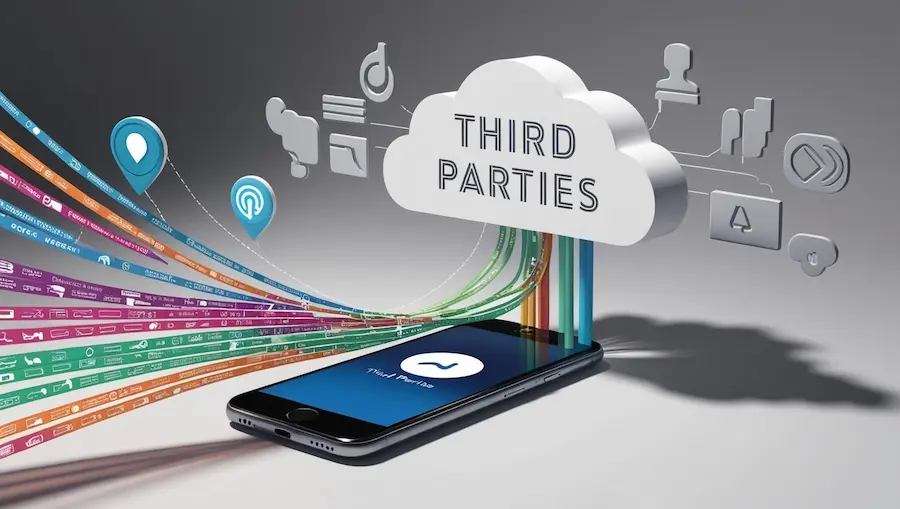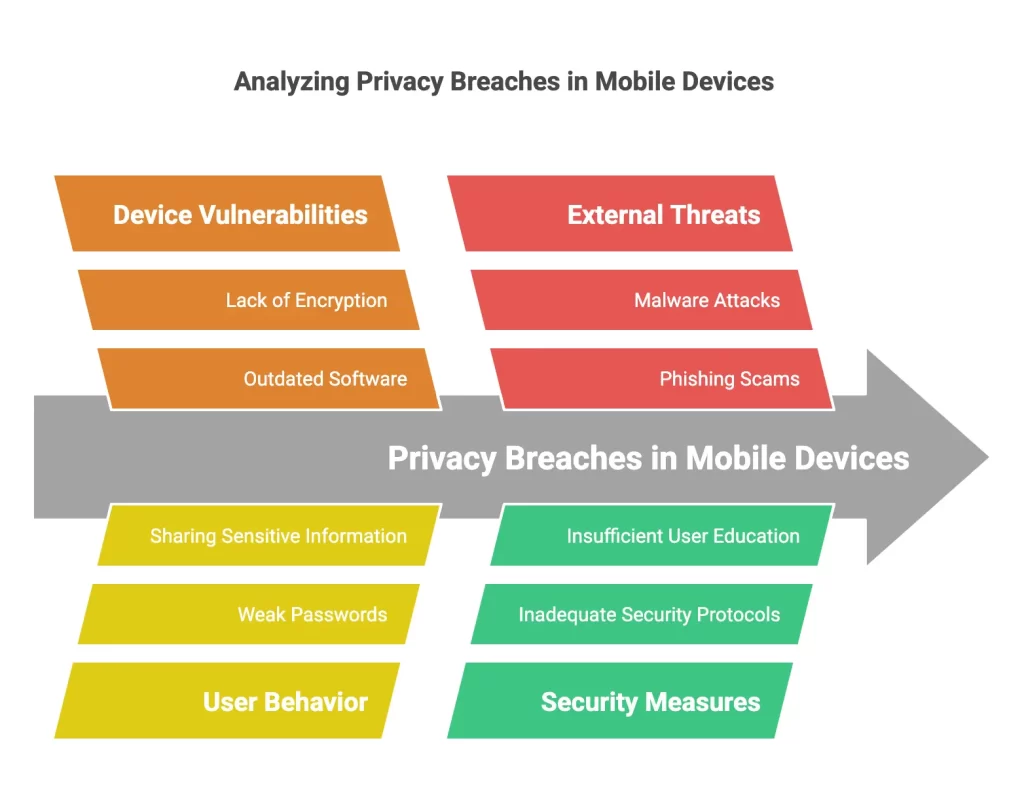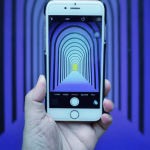
Samsung’s Bixby assistant promises convenience, but at what cost? While it’s marketed as a helpful AI companion, privacy experts have raised red flags about its always-on listening feature, extensive data collection, and unclear data-sharing practices. From recording your voice to tracking your location, Bixby gathers more information than you might realize—and some of it could end up in the hands of third parties. With growing concerns about how this data is stored, shared, and used, many users are questioning whether the trade-off for convenience is worth it. Is your personal information truly safe with Bixby? Here’s what you need to know.
Bixby, Samsung’s virtual assistant, has raised privacy concerns over the years, particularly regarding how it collects and uses user data. Here’s a breakdown of the key issues and how you can mitigate them:
Privacy Concerns with Bixby
Always Listening Feature:
Bixby is designed to wait for its wake word (“Hi Bixby”), but like other voice assistants, it requires a microphone to remain active. This has led to concerns that it might inadvertently record conversations or collect data even when not explicitly activated. According to Samsung’s privacy policy, voice recordings and other interactions with Bixby are collected and may be shared with third-party service providers for processing.Data Collection:
Samsung’s general privacy policy indicates that Bixby collects a range of personal data, including voice recordings, location data, and device usage patterns. This data can be used to improve services but is also shared with third-party advertisers for targeted ads, raising concerns about user profiling.

Third-Party Sharing:
Reports, such as the evaluation by Common Sense Media, highlight that Samsung shares user data with third-party ad networks and does not always clarify whether these third parties adhere to the same security standards. This lack of transparency can make users uneasy about how their data is handled.Unclear Data Retention Policies:
Samsung’s policies do not explicitly state how long user data is retained or whether it is deleted upon account termination. This ambiguity can lead to concerns about long-term data storage and potential misuse.Security Gaps:
Samsung’s privacy terms do not confirm whether all data is encrypted during storage or transmission. This could make sensitive information vulnerable to breaches.
How to Mitigate Privacy Risks
Disable Always-On Listening:
You can turn off the “Hi Bixby” wake word feature to prevent the assistant from always listening. Instead, activate Bixby manually by pressing the dedicated button or using a specific gesture.

Review Permissions:
Go to your phone’s settings and review the permissions granted to Bixby. Limit access to sensitive data like location or microphone when not necessary.Opt-Out of Personalized Ads:
Samsung allows users to opt out of targeted advertising. You can do this by navigating to the privacy settings in your Samsung account and disabling ad personalization.Delete Voice Data:
Samsung provides an option to delete your voice recordings and other data collected by Bixby. You can access this through the Bixby settings or your Samsung account.Use Alternative Assistants:
If privacy remains a concern, consider using other virtual assistants like Google Assistant, which may offer more transparent privacy controls, or avoid voice assistants altogether.Regularly Update Software:
Ensure your device is running the latest software updates to benefit from improved security measures and bug fixes.

News and Reports on Bixby Privacy
Common Sense Media’s Evaluation:
This report gave Bixby a “Warning” rating for privacy, citing issues like data sharing with third parties, unclear encryption practices, and lack of transparency in data retention policies.Nerds Chalk’s Analysis:
They highlighted that Bixby collects extensive user data and integrates deeply into Samsung’s ecosystem, which can be a double-edged sword for privacy-conscious users.Forbes on Samsung Privacy:
Forbes has reported on Samsung’s broader privacy challenges, including concerns about how data is shared and used across its ecosystem, including Bixby.
By taking proactive steps to manage permissions and limit data sharing, you can reduce the privacy risks associated with using Bixby on your Galaxy S22. However, if you’re particularly concerned about privacy, you might want to consider disabling Bixby entirely or using it sparingly.




